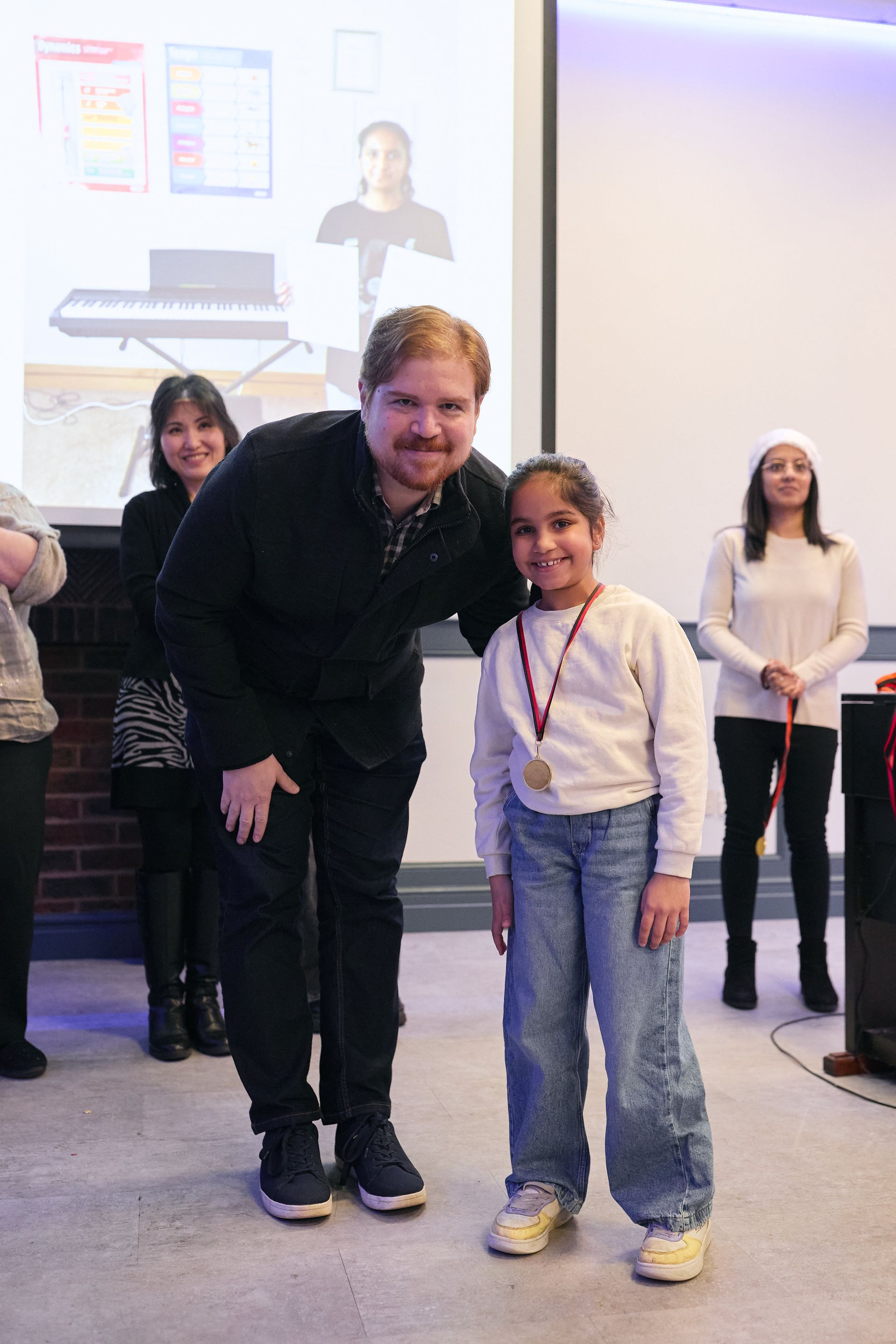How Piano Students Can Regain Momentum with their Piano Lessons after Christmas
As the joyful festivities of Christmas start to wind down, it's the perfect time to reignite the melody of your piano practice. Returning to piano lessons after the holiday break offers a chance to reconnect with the music that speaks to your soul. Embrace this opportunity to immerse yourself once again in the world of keys and chords, feeling the familiar yet rejuvenating touch of the piano beneath your fingertips. Remember, it's not just about picking up where you left off but about embracing the growth that comes from consistent practice.
Think of these post-Christmas piano lessons as a chance to embark on a musical journey anew. The break might have offered relaxation, but now is the time to infuse your melodies with newfound energy. Embrace the keys with renewed determination, finding inspiration in the holiday spirit that lingers and infusing it into your practice sessions. Whether it's mastering a challenging piece or exploring a new musical genre, let the enthusiasm of the season guide your fingers across the piano, creating harmonies that resonate deeply within you.
Consider this return to piano lessons as a fresh start, a chance to rekindle your passion for music. Reflect on the beautiful progress made so far and use it as motivation to push further. Each note played is an opportunity to refine your skills and let your creativity soar. Embrace the journey ahead, knowing that with dedication and perseverance, the melodies you create will be even more enchanting than before.
If you wish to know more about these hacks and resources, feel free to take a look around our website or connect with us directly!



